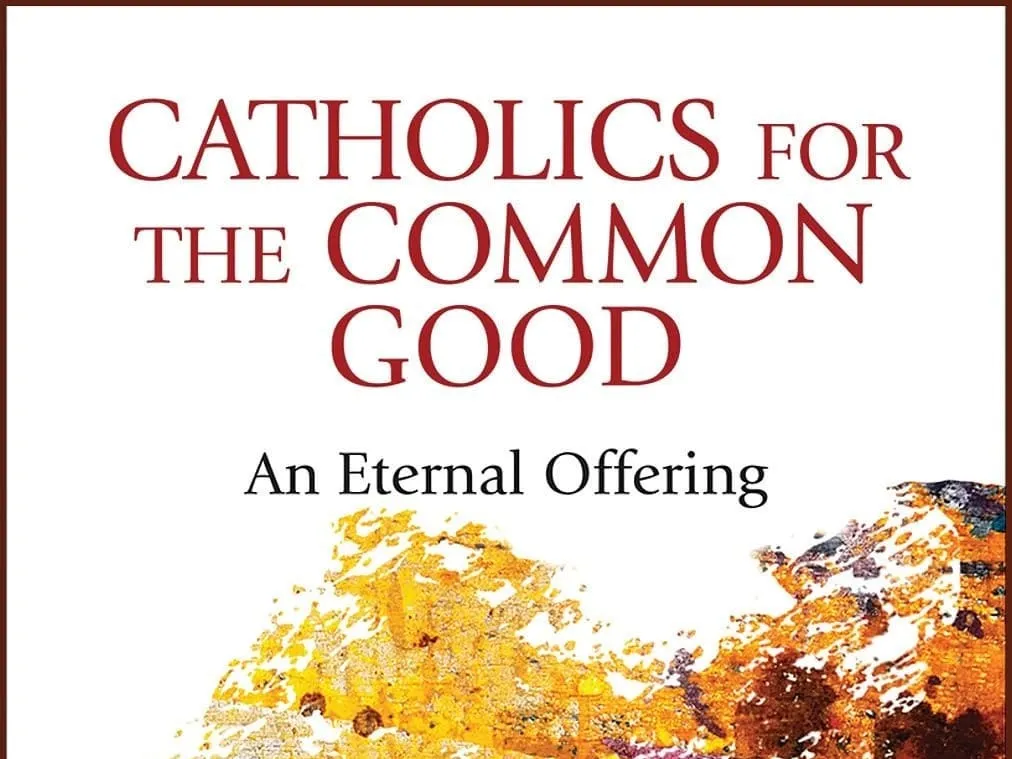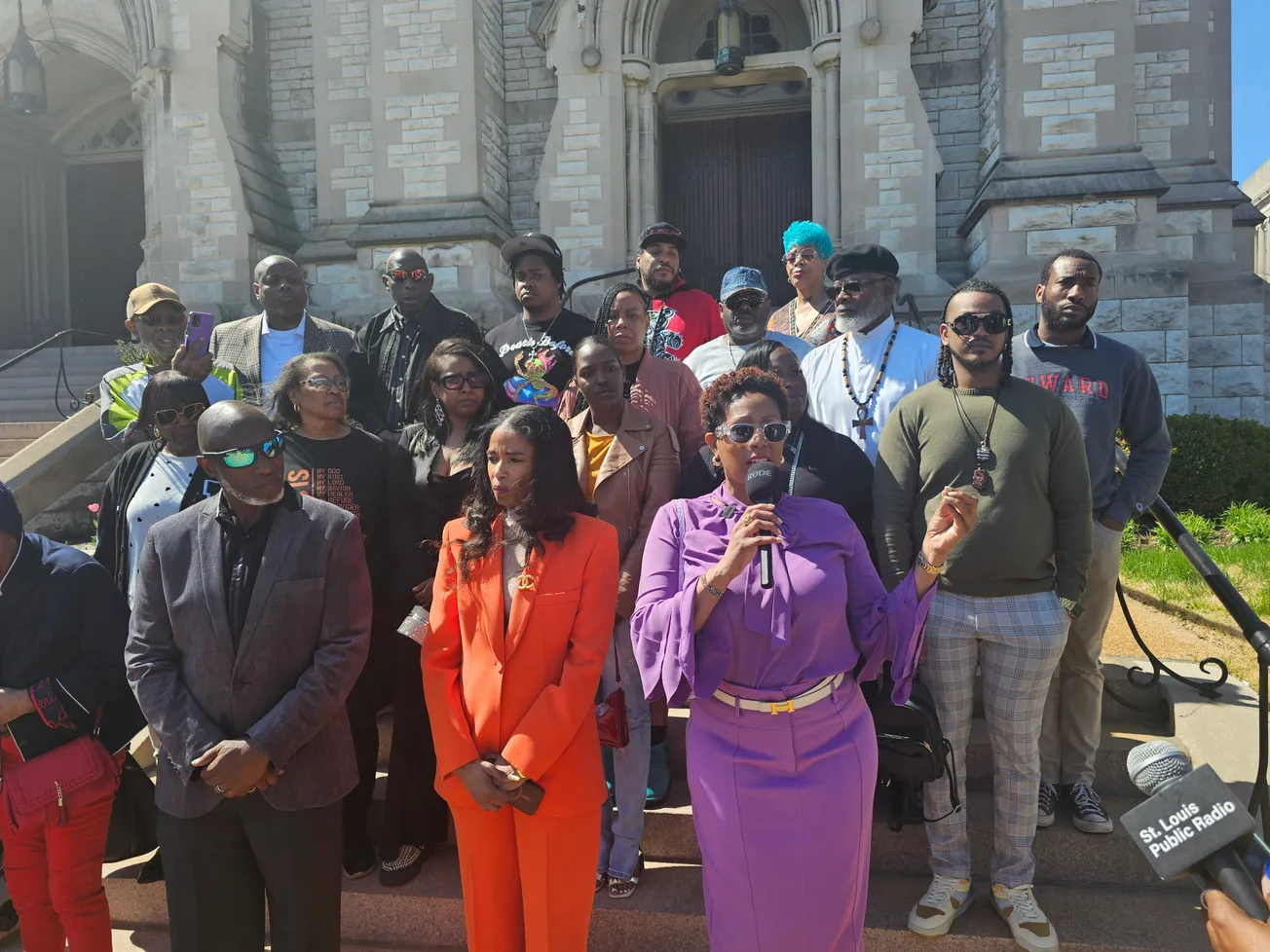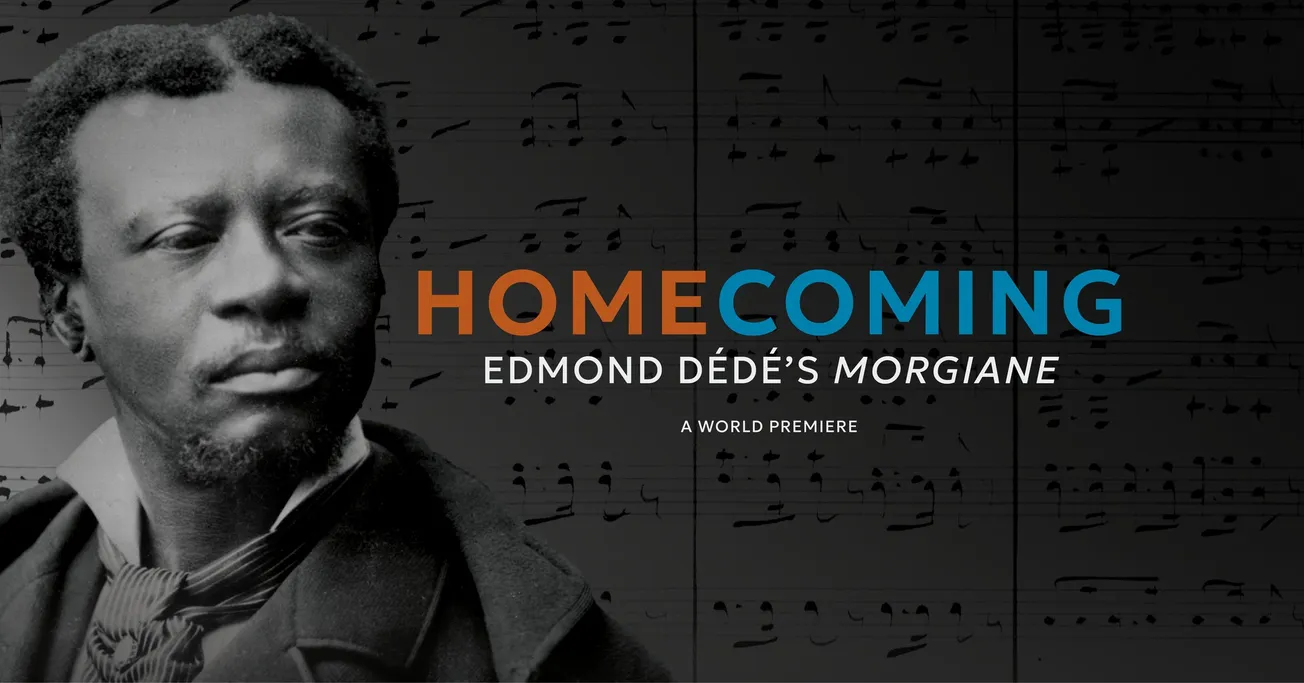Editor's note: On April 18, 1968, the National Black Catholic Clergy Caucus issued its founding manifesto, the opening line of which famously called the US Catholic Church a “White racist institution.” The statement came amid Black uprisings around the country following the assassination of Dr. Martin Luther King Jr two weeks prior, and reflected the frustrations of the Black community as well as its growing revolutionary spirit.
Exactly one week after the NBCCC communique, the Catholic bishops of the United States—among whom there was but one Black member, Auxiliary Bishop Harold R. Perry, SVD of New Orleans—issued their own statement on the crisis, reflecting the conference’s views on the state of Black America and possible paths toward peace and justice. It is reprinted here with permission, ahead of the public sessions of the USCCB’s Fall General Assembly this week in Baltimore.
Statement on National Race Crisis
A Statement Issued by the National Conference of Catholic Bishops
April 25, 1968
- In 1958, the Catholic bishops of the United States issued a statement on Discrimination and the Christian Conscience. In it they condemned racism in all its forms. They could not do otherwise, given what faith and reason clearly teach concerning the unity of the human family: "He has made of one all mankind to dwell upon the whole face of the earth… that they should seek God" (Acts 17:26-27).
- The bishops pointed out that full and equal justice must be given to all citizens, specifically those who are Negro. They urged that the religious community “seize the mantle of leadership from the agitator and the racist." They further pleaded: “It is vital that we must act now and act decisively."
- The religious bodies of the United States did act in the years that followed. The 1963 National Conference on Religion and Race became a landmark of ecumenical social action. There is reassuring evidence that the ensuing religious involvement contributed greatly to the passage of national civil rights legislation in 1964 and 1965.
- Now—ten years later—it is evident that we did not do enough; we have much more to do. When the National Advisory Commission on Civil Disorders concluded last month that white racism was a key factor in creating and maintaining the explosive ghettoes of our cities, it became clear that we had failed to change the attitudes of many believers.
Needs
- Despite ten years of religious, civic, and governmental action, millions of our fellow Americans continue to be deprived of adequate education, job opportunity, housing, medical care, and welfare assistance, making it difficult, perhaps even impossible, for them to develop and maintain a sense of human dignity.
- Catholics, like the rest of American society, must recognize their responsibility for allowing these conditions to persist. It would be futile to deny what the Commission on Civil Disorders has told America—a white segregationalist mentality is largely responsible for the present crisis.
- Yet, we must not waste time beating our breasts or pointing an accusing finger at those whom we consider racists. In varying degree, we all share in the guilt.
- We must recognize the fact that racist attitudes and consequent discrimination exist, not only in the hearts of men but in the fabric of their institutions. We must also commit our full energies to the task of eradicating the effects of such racism on American society, so that all men can live in the image and likeness of God.
- We must build bridges of justice, compassion, and understanding and we must do so at once. As the Commission on Civil Disorders warned, we are moving rapidly in the opposite direction, toward two societies, "one black, one white: separate and unequal." We must enter into a full dialogue on matters of substantial interest with members of minority groups who suffer from discrimination and its effects.
Unfinished Business of the Catholic Community
- There are certain tasks which we must acknowledge remain the unfinished business of the Catholic religious community. First among these is the total eradication of any elements of discrimination in our parishes, schools, hospitals, homes for the aged, and similar institutions. Second, there is the Christian duty to use our resources responsibly and generously in view of the urgent needs of the poor.
- Other tasks may be performed better by a united front of the religious community. Here we pledge our continued cooperation with the National Council of Churches, the Synagogue Council of America, and with other religious groups. Effective action is demanded of us all in the midst of this crisis in American life.
- It is to this task that the statement issued on April 14 by the spokesmen for the major religious traditions in the United States addressed itself when it called for: (1) coordinated efforts on the part of the American religious community to raise the substantial funds needed for the implementation of local programs; (2) continuing interfaith efforts to push for the enactment of critically needed legislation in the fields of employment, housing, health, and welfare which comprise what the late Martin Luther King, Jr., called the "Poor Man's Bill of Rights."
- Within our own communion, we hereby direct the various departments, offices, and bureaus of the United States Catholic Conference, in collaboration with other interested Catholic organizations, to set up an Urban Task Force to coordinate all Catholic activities and to relate them to those of others working for the common goal of society, based on truth, justice, and love.
- It is essential that similar programs be established within the Church on the provincial, diocesan, and local levels throughout the land.
Bridges to Be Built
- Perhaps the most important single task confronting the religious community is that of building bridges of understanding, irrespective of political boundaries or loyalties, which will link Americans of every color, city dwellers and suburbanites, factory workers and farmers, civil servants and professional people.
- Many such programs are in existence in various parts of the country. We can all learn from the successes and failures of these experiments as we press forward in a massive and sustained effort to break down the cleavages and divisions which today embitter so many Americans.
Cooperative Effort
- We also emphasize that there are areas of concern that are best handled by working with civic groups such as the National Urban Coalition and its local counterparts, and with organizations having deep roots in the Negro community.
- We strongly urge Catholics of every color and ethnic group to ally themselves with these religious and civic programs as the most convincing way of demonstrating the love of neighbor which is the proof of love of God.
- The Gospel of Christ and the good of the nation must motivate us to encourage, support, and identify with the efforts of the poor in their search for self-determination. It is chiefly through the attainment of control over one's personal and social destiny that destructive feelings of despair, frustration, and helplessness can be eliminated. These efforts require the help—free from all spirit of paternalism or condescension—not only of organizations and institutions, but of each and every believer.
- No one pretends that the material resources of the religious community alone can possibly meet the complex needs of society. On the financial front, for example, our resources are necessarily limited; this pinpoints rather than diminishes our responsibility. The Commission on Civil Disorders called on all segments of society-governmental and private-- to commit themselves to meeting the nation's needs in the present crisis.
- We owe special attention to the following areas:
Education
- Education is a basic need in our society, yet the schooling available to the poor is pitifully inadequate. We cannot break the vicious cycle of poverty producing poverty unless we achieve a breakthrough in our educational system. Quality education for the poor, and especially for minorities who are traditionally victims of discrimination, is a moral imperative if we are to give millions a realistic chance to achieve basic human dignity. Catholic school systems at all levels must redouble their efforts in the face of changing social patterns and despite their own multiple problems, to meet the current social crisis. The crisis is of a magnitude and peril far transcending any which the Church in America or the nation has previously confronted.
Job Opportunity
- Job opportunity is also essential to insuring self-respect and stable family life. We urge American business, the industrial community, management, and labor to put every possible initiative, resource, and know-how into the fight against the problem of minority unemployment. But, if the private sector of the economy is unable to provide work for the unemployed members of the minority groups particularly, at the moment, young Negroes—then it becomes the duty of government to intervene. It should step in with socially useful programs designed to put to work the skills and energies of the jobless or, as is often the need, to provide for the discovery and development of skills. While urging others to do their part, we pledge to do ours and will work towards increasing the effectiveness of ecumenical and community programs requiring fair employment practices.
Housing
- Lack of decent housing adds pathetically to the burdens of millions of American families. Living conditions in many cities and rural communities are themselves an obstacle to wholesome family life. Housing segregation inevitably becomes an added barrier to employment, particularly as job opportunities open in the suburbs and decline in the cities. The problem is two-fold: removing the barriers of segregation for those who prefer and can afford suburban living, and providing low-cost housing in the cities for those who cannot afford decent housing at the prevailing prices. Private efforts should receive the legislative and administrative support of government. In this connection, we strongly urge strict implementation, nationally and locally, of both the letter and the spirit of the recently enacted federal open housing act. Wherever and however possible, the Catholic Church in America will work with other churches, with private groups including industry and labor, and with government to help provide housing for low-income families.
Welfare Assistance
- Finally, there is need for welfare assistance which respects dignity and privacy, for those who cannot secure adequate employment. The so-called “Man in the House" rule is a national scandal. It is absolutely intolerable that families are being broken up by its application. Every possible care should be taken that public or private assistance always be provided under conditions that respect the dignity of the person and the integrity of the families assisted. It is hoped that organized Catholic social services will lead the struggle for adequate and compassionate aid for those in need.
- We list these needs with full awareness of the tremendous costs involved. It will take much time and even more sacrifice to implement programs needed to rebuild our society. But surely the richest nation in the world can afford a massive war on poverty.
Critical Questions Remain
- Certain critical questions remain. When will we realize the degree of alienation and polarization that prevails in the nation today? When will we understand that civil protests could easily erupt into civil war? Must we rebuild on the scorched earth of our ruined and gutted cities, or will we begin to rebuild now with a heightened sense of justice and compassion for the suffering?
- There is no place for complacency and inertia. The hour is late and the need is critical. Let us act while there is still time for collaborative peaceful solutions. We must show concern, we must give ground for hope. In the name of God, our Father-and we do not lightly invoke His name—let us prove to all men that we are truly aware that we are a single human family on the unity of which depends our best hope for our progress and our peace.
© 1968 United States Conference of Catholic Bishops, Washington, DC. All rights reserved.









